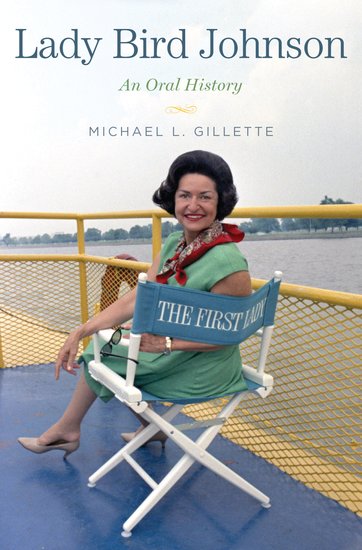World War II vocabulary
To celebrate the imminent release of Oral History Review (OHR)’s latest issue, 40.1, on oral history in the digital age, we’re delighted to share a chat between managing editor Troy Reeves and contributor Lindsey Barnes. Barnes and her colleague Kim Guise are co-authors of “World War Words: The Creation of a World War II–Specific Vocabulary for the Oral History Collection at The National WWII Museum,” a case study of developing controlled vocabulary for the oral history collections at the National WWII Museum.





